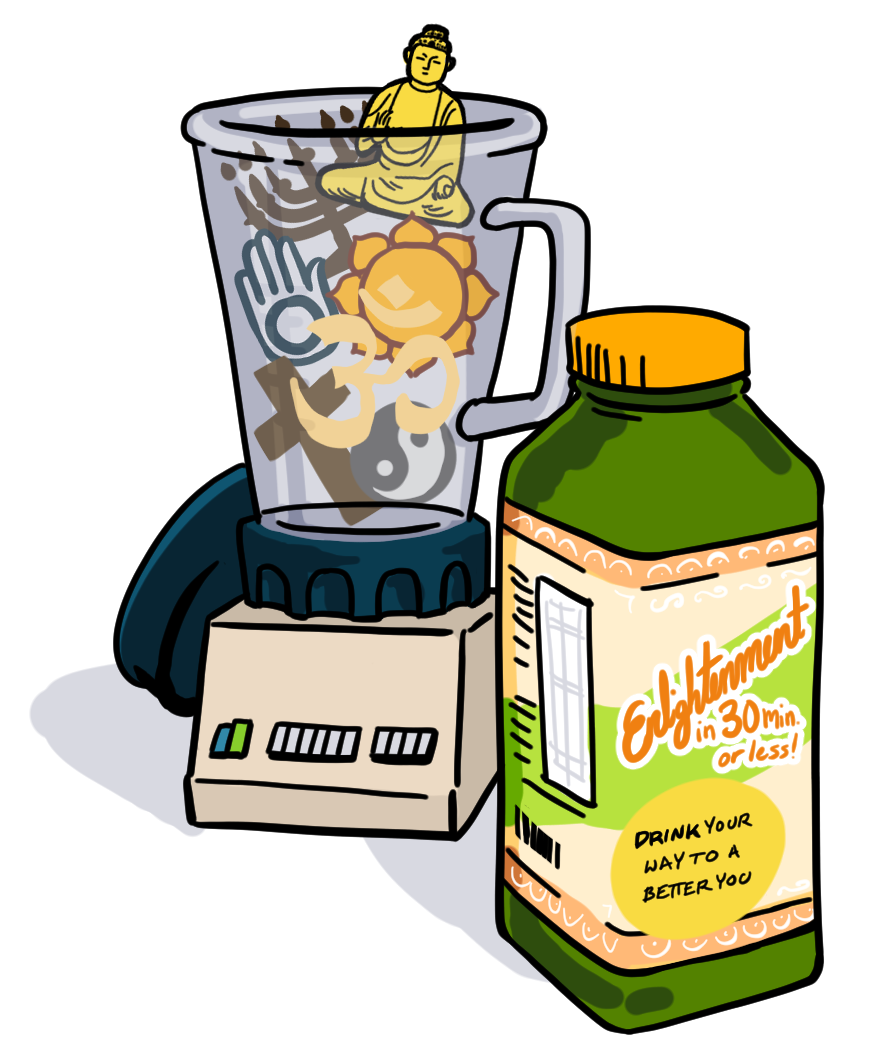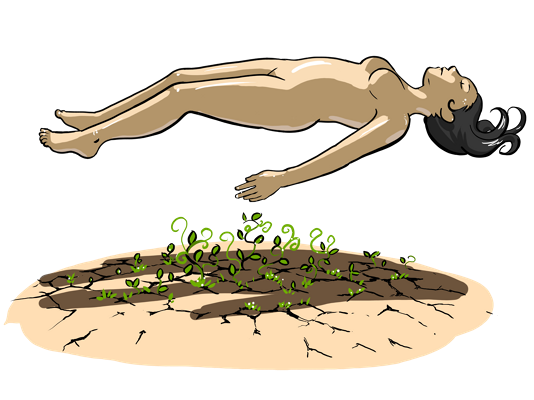Making the Most of the Holidays
It's the holiday season. You've booked your time off from work, planned where you're going (or who's coming to you) and you’re excited to finally reconnect with loved ones after an unusually busy year. Holidays are meant to be a break from the craziness – they give us a chance to enjoy special moments and make memories with the people we love.
Sadly, actually fulfilling that yearning for a few nights where “all is calm and all is bright” can be quite stressful. Misbehaving children, older relatives that need extra care, bickering couples, organizing transport and accommodation, spending time to find the right gifts, catering for dietary requirements – with multiple distractions, time can easily feel like it's running away. This was supposed to be a holiday right?
Read More
Fight, Flight...or Float?
You’ve probably heard of our fight or flight response – when we’re presented with stressful or threatening situations (like being chased by a hippopotamus), our body’s autonomic nervous system responds by preparing for action. Our heart rate increases, our breathing picks up, and blood flows from our core out to our limbs (along with a lot of other changes, all focused on helping us get ready to defend ourselves or to get out of there as swiftly as possible).
Read More
The Possible Secret Behind Sustainable Anxiety Treatment
Generalized Anxiety is a psychological phenomenon that’s essentially written in our genes. From our humble origins, anxiety has served as a protective mechanism that alerted us to potential dangers lurking behind the bush.
Today we often refer to its effects as a vestigial feature, not yet erased by the forward march of evolution. However, anxiety does not affect us all equally. In fact, its occurrence rates can differ greatly by country, region, race, age, and gender. As a result, effective treatment measures can be hard to determine and implement on a wide-scale level.
Anxiety is a feature of the human psyche and not a “bug.” But given prolonged states of anxiety, people can suffer many awful side effects, such as depression and autoimmune malfunction. The modern world subjects us to anxiety at every turn. Think - making rent, getting that promotion, the effects of mistakenly thinking that everyone you know is doing better than you based on constantly watching social media, etc.
Read More
From East to West: What Did Mindfulness Lose Along the Way?
Spending time in an isolation tank is a great way to practice being present, removing external distractions about the past, worries about the future, and escaping your stress. In a word, it’s a great place to be mindful.
Over the last few years, mindfulness has become a popular tool for improving general mental wellness. When mental health professionals talk about mindfulness, they’re referring to a state of “moment-to-moment non-judgmental awareness.”
Studies have shown mindfulness offers remarkable results in dealing with stress-related conditions such as anxiety disorders, PTSD, and depression. The results have been so profound, in fact, that they were considered extremely unlikely from a non-invasive treatment (at least by the standards of Western medicine). As these problems become more ubiquitous, non-traditional methods for dealing with it also become more common…
Read More
Floating Your Way to a Better You
No matter what your New Year’s Resolution may be, floating can be a really helpful tool in getting there. And even if you’re not sure what goals you’d like to focus on in the New Year, a float tank can be a great place to think about it.
Read More
Salinity and Serenity: Floating Your Way to Inner Peace
Serenity. That sounds nice, doesn’t it?
With 2020 not letting up as it careens to a close, serenity can seem like nothing but an out-of-reach pipedream – both in our own lives and in the world as a whole. It’s difficult to relax and focus on the present when so much of even the immediate future is uncertain. In times like these, though, fostering that sense of mindfulness and serenity is perhaps one of the most important things that we can do.
Read More
Floating, Meditation, and Mindfulness: Adding Tools to your Mental Tool-belt
Floating removes you from the outside world and gives your mind the freedom to wander wherever it wants to go. When you float, you don’t have anything you need to do.
There’s nothing you need to work on.
You have a space where you can lie down, removed from the pressure of thinking, discussing, or participating in anything at all. It’s an environment that exists almost completely opposite our current plugged-in, sensory-driven way of life.
In a float tank, you have the opportunity to be more mindful than pretty much any other environment in the world.
Read More
How does Blue Light affect sleep?
You have probably been hearing a lot about blue light recently, and how it can cause health issues and disrupt your sleep. Chances are you are struggling to find credible information on how blue light affects sleep. You are a critical thinker and you do not want to take someone’s word that blue light affects your sleep.
Rightly so!
In this article we are going to explain to you how blue light affects your sleep and link some of the important peer reviewed studies and clinical trials on this very question; how does blue light affect sleep?
Read More








